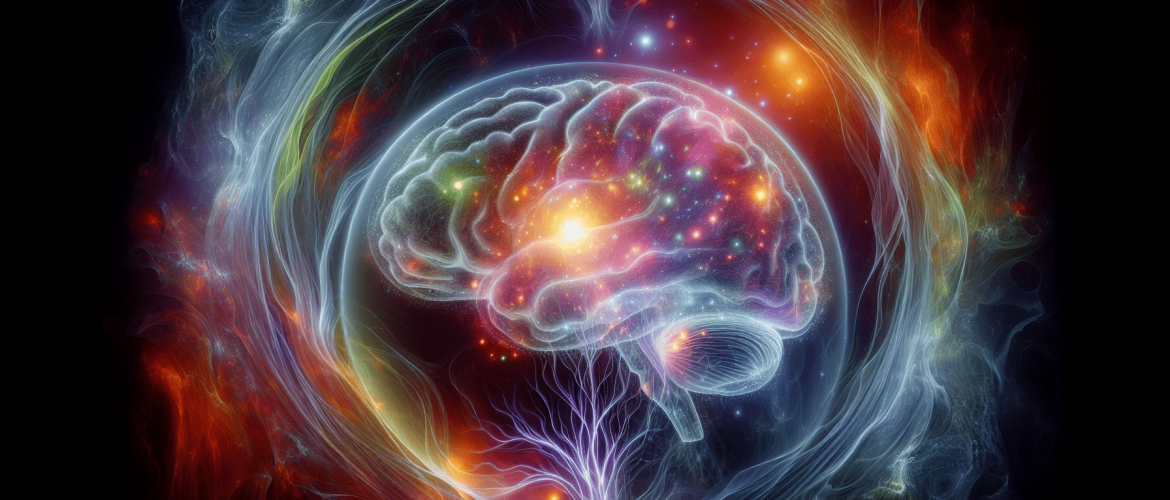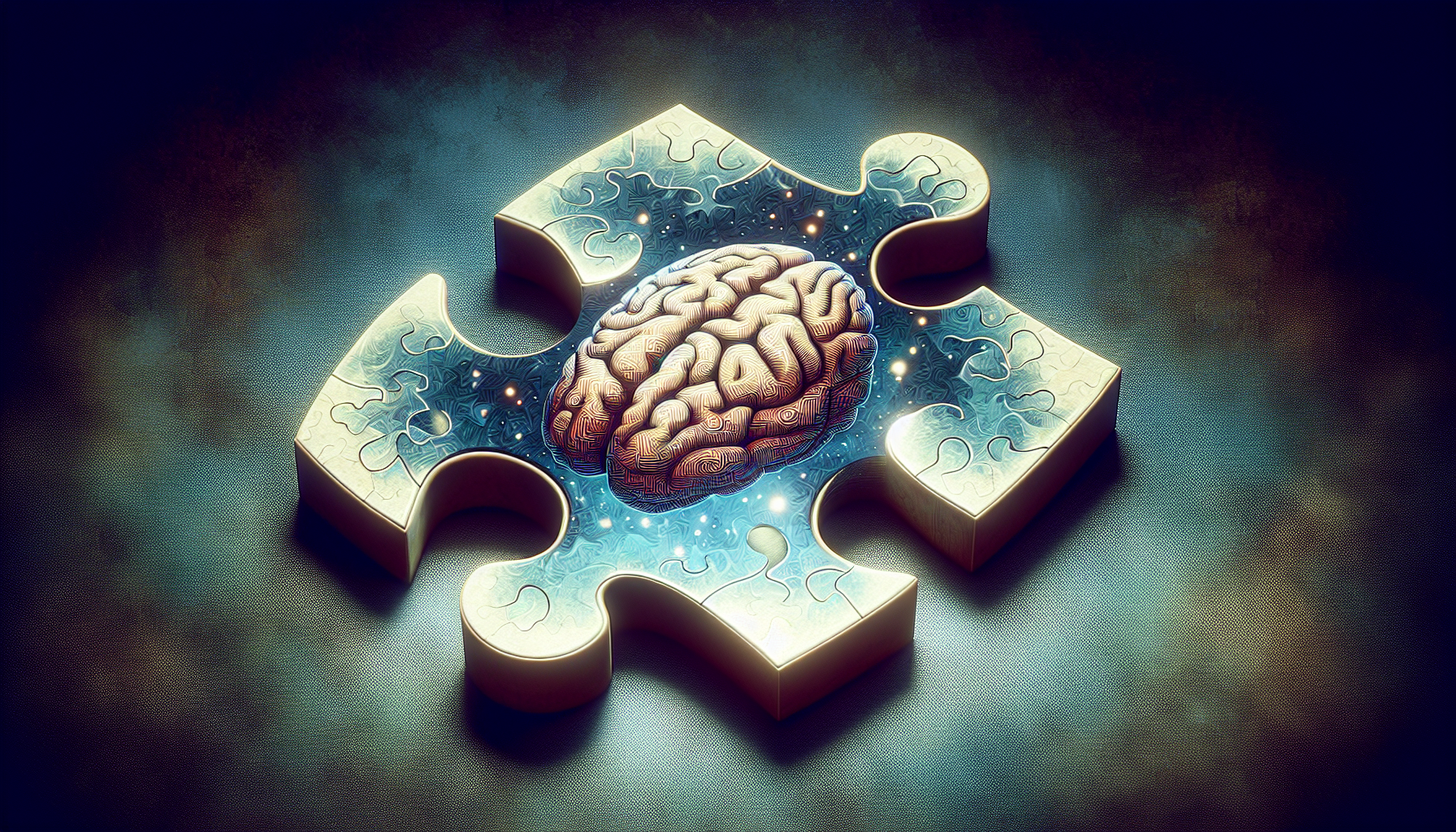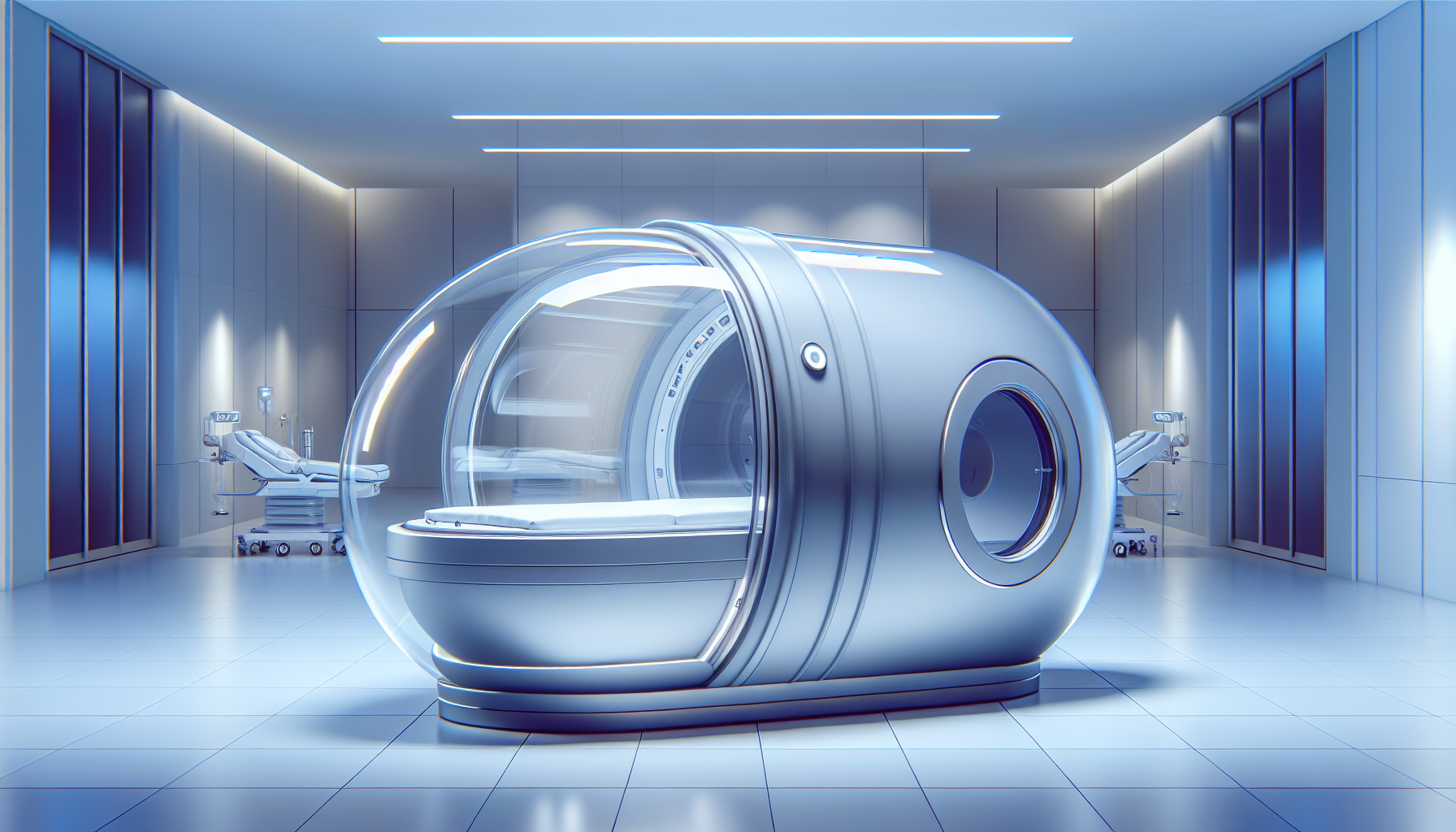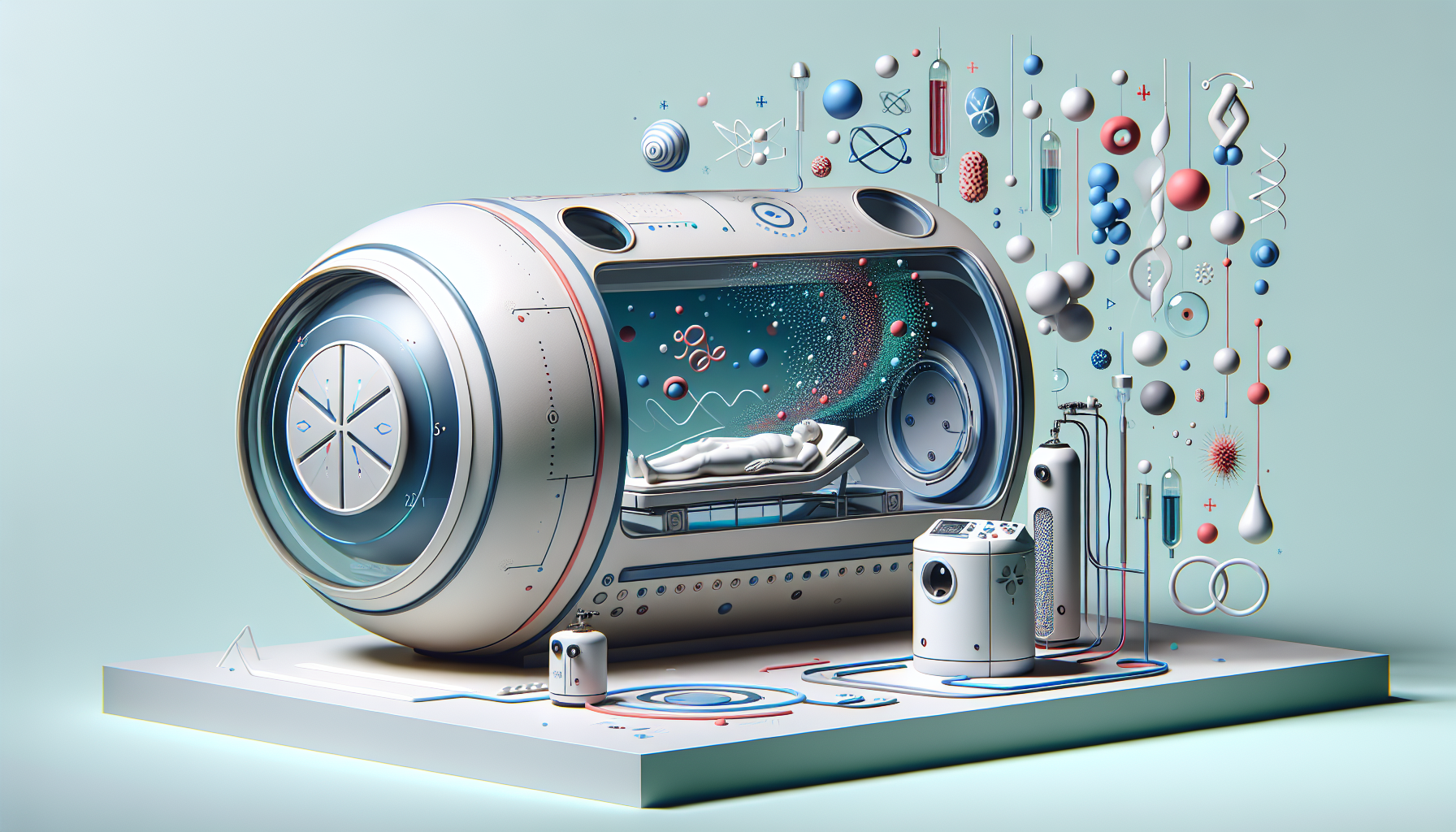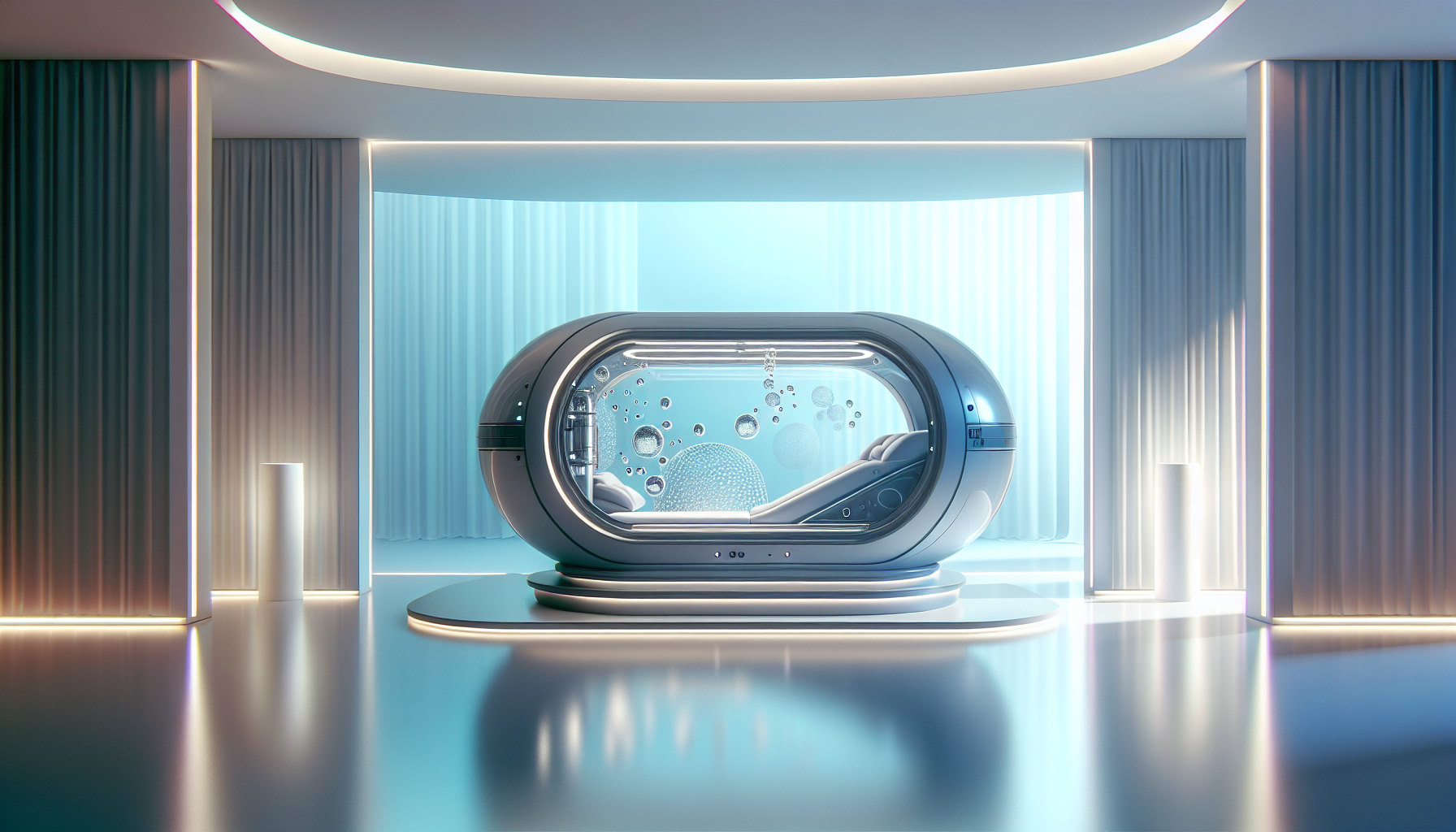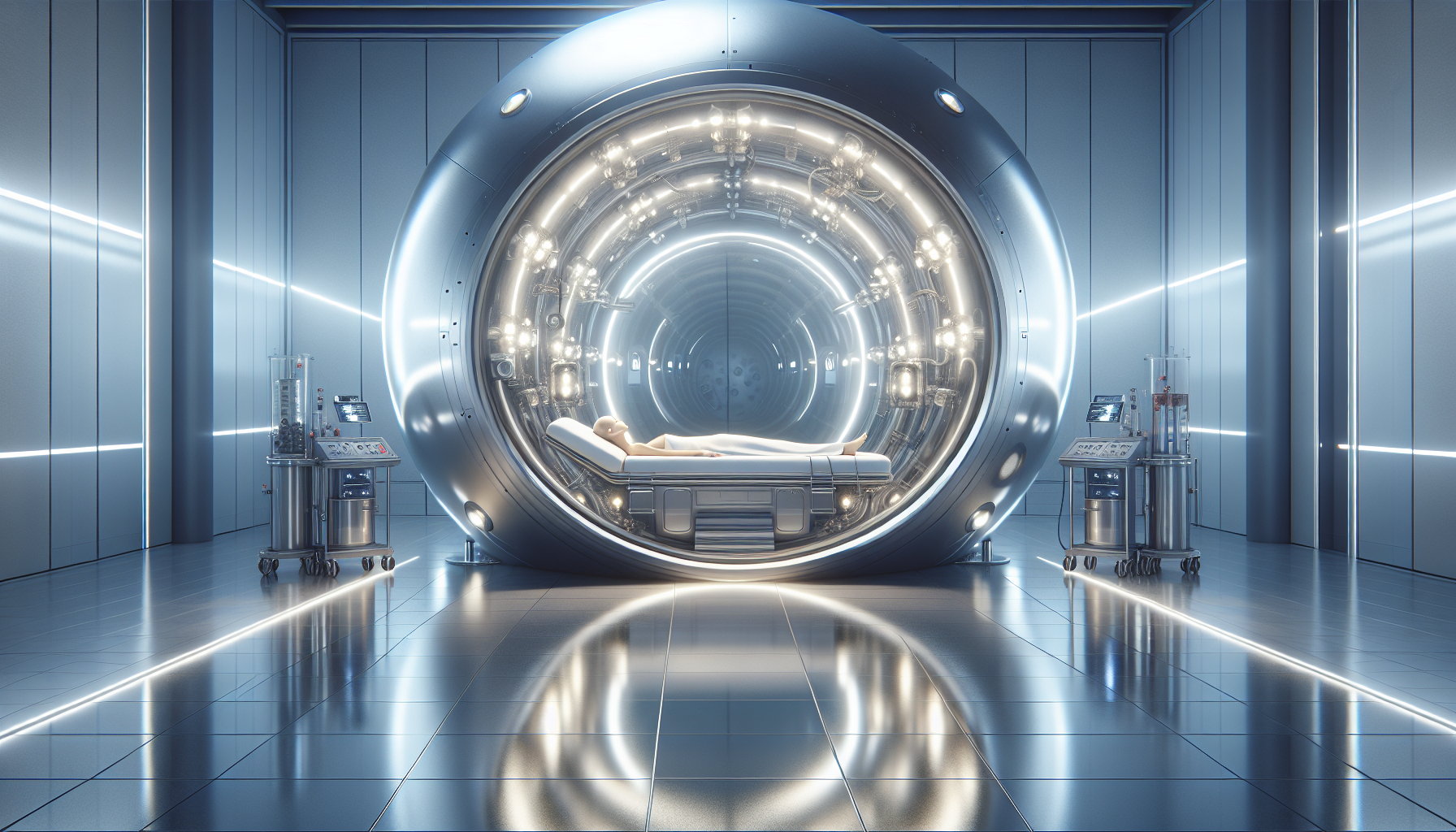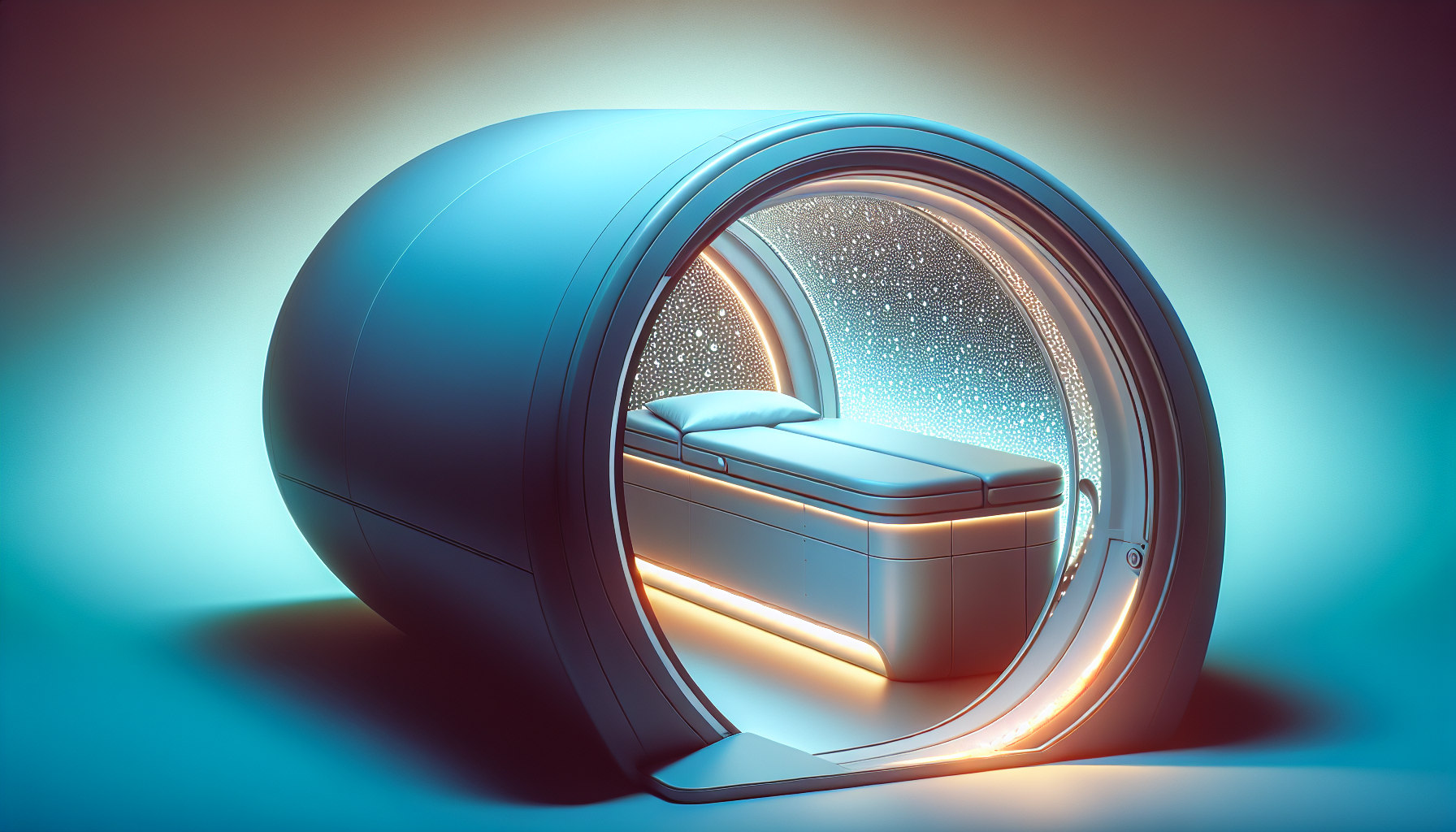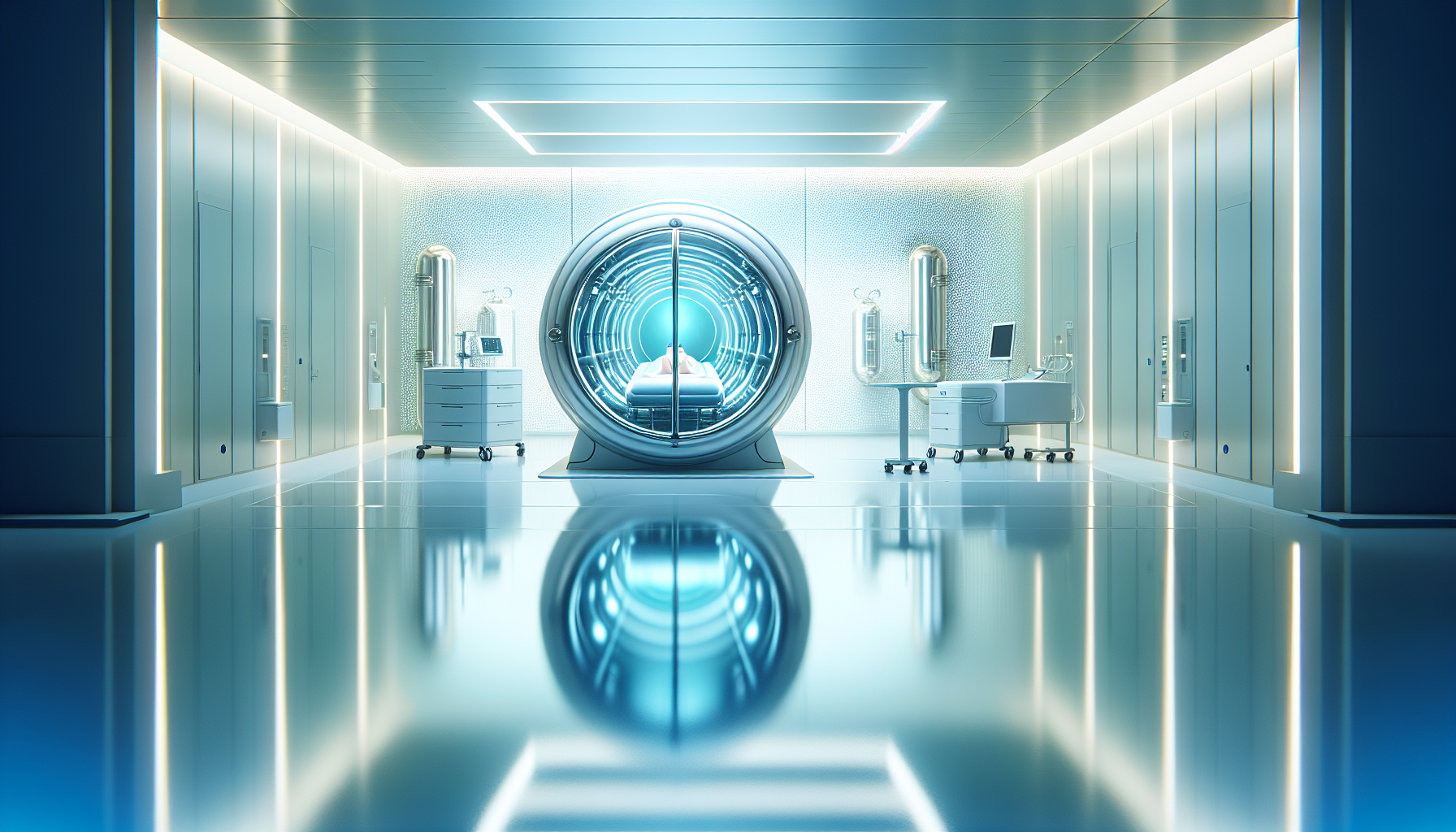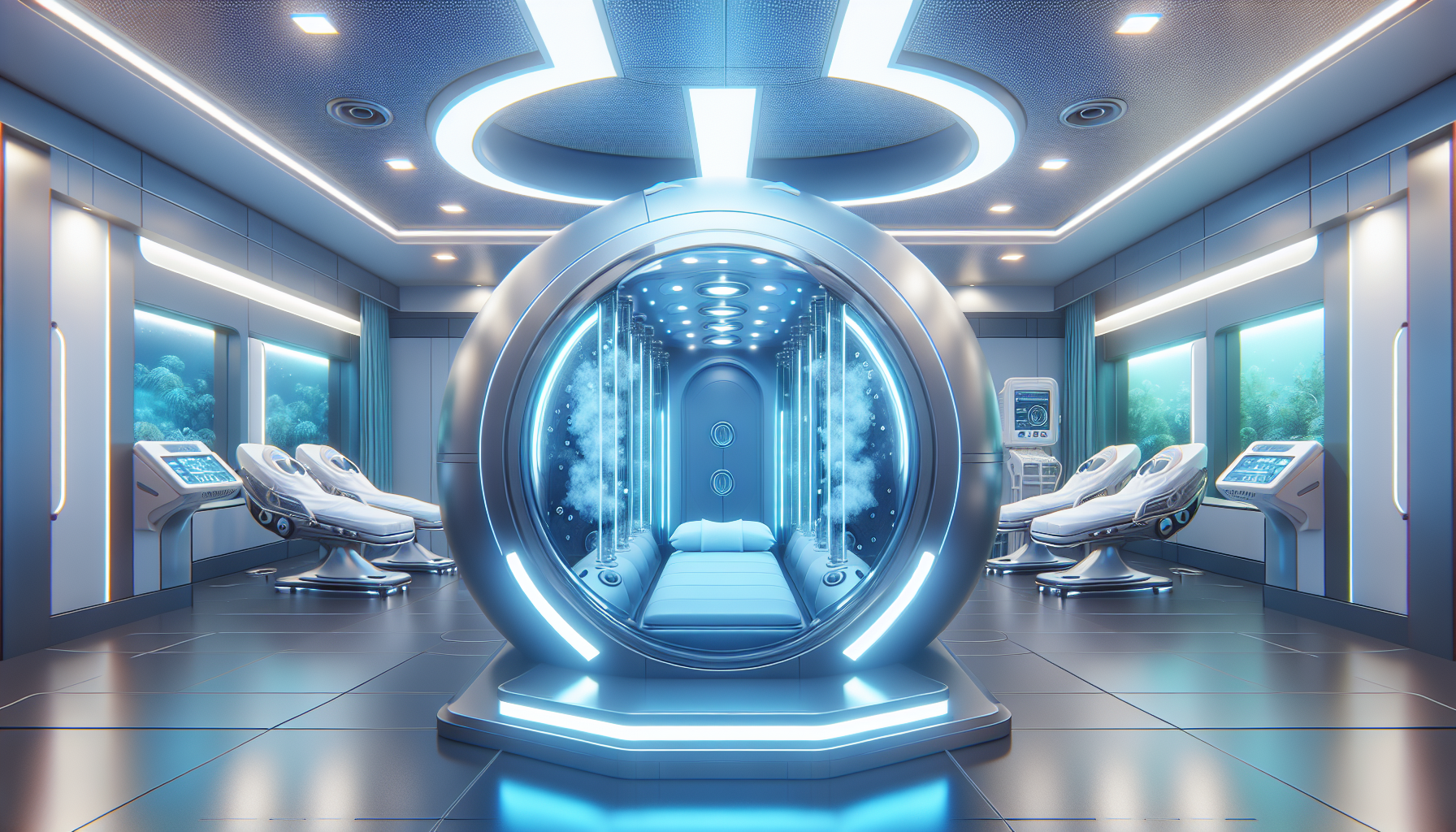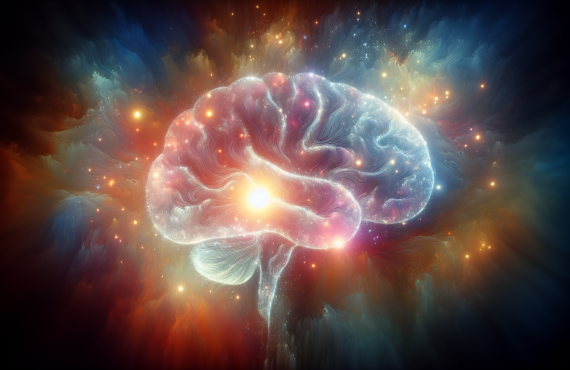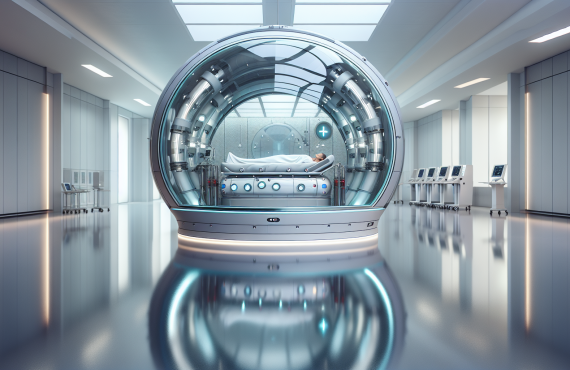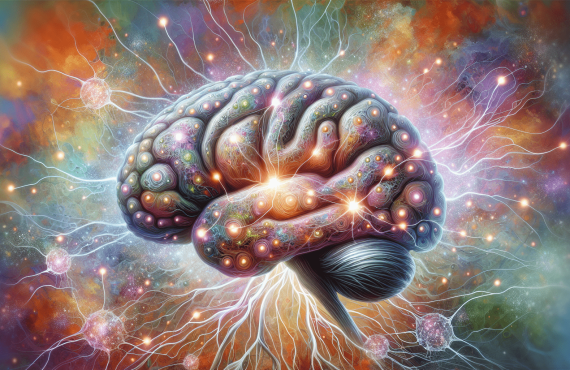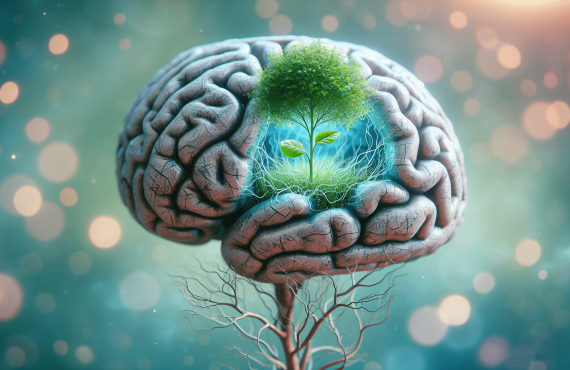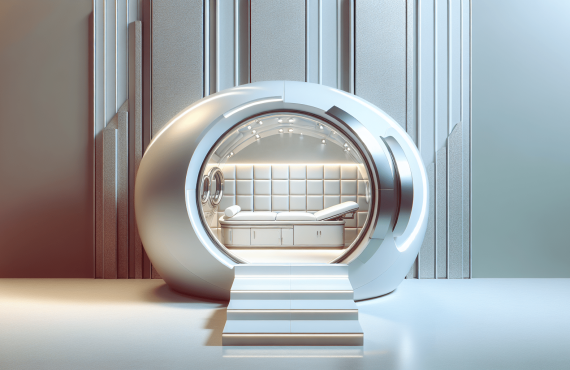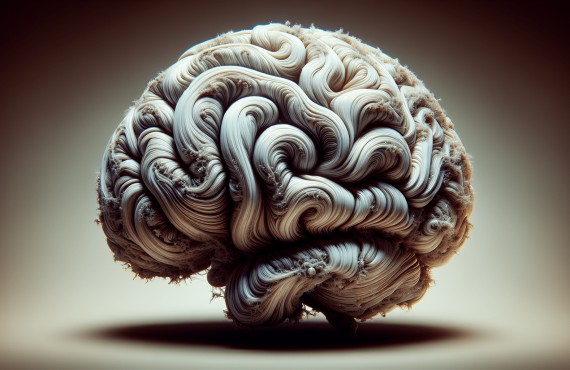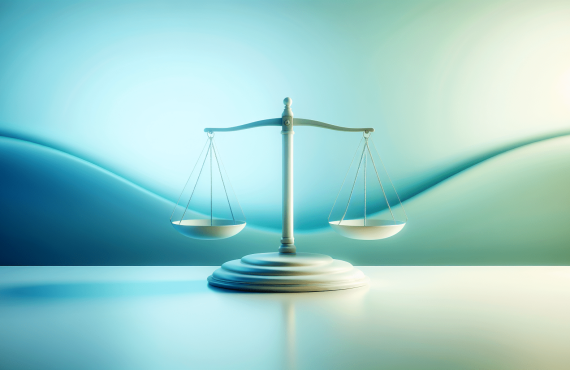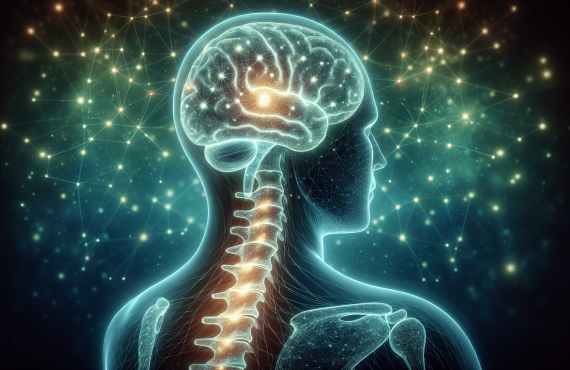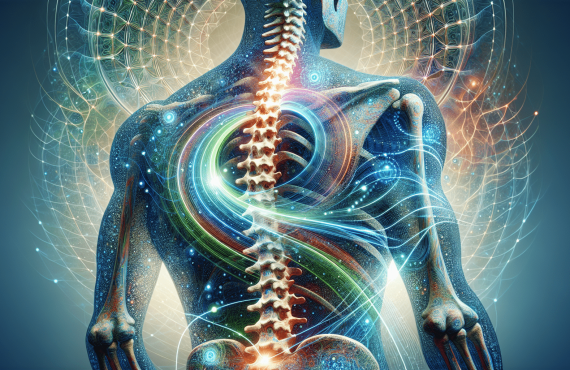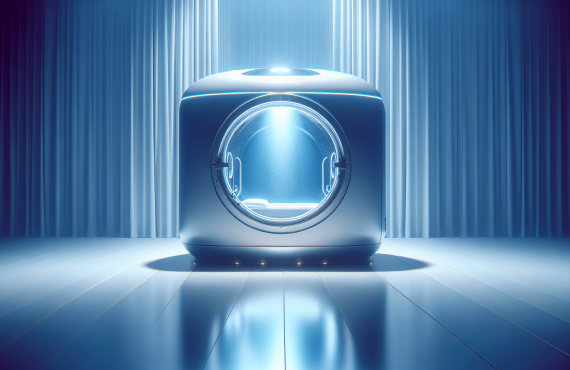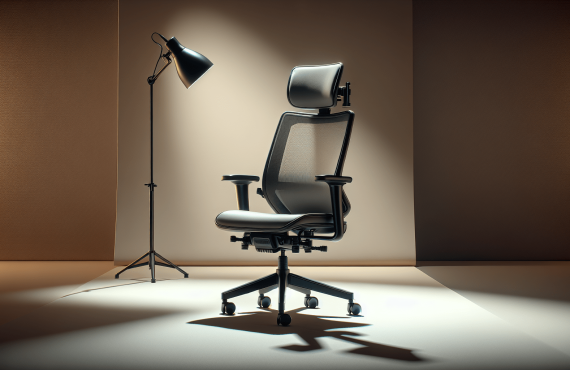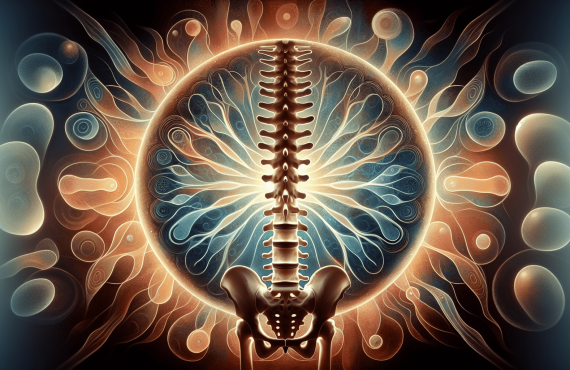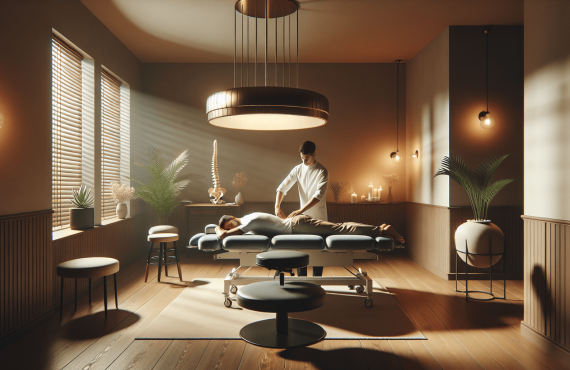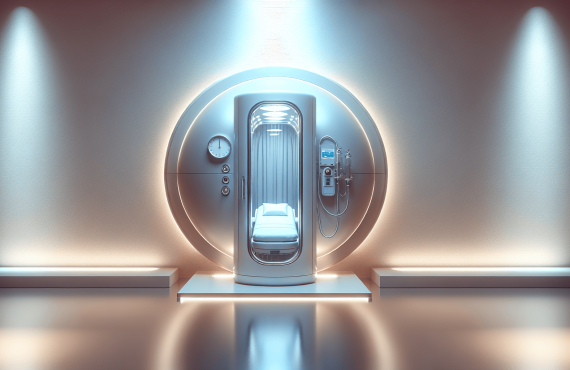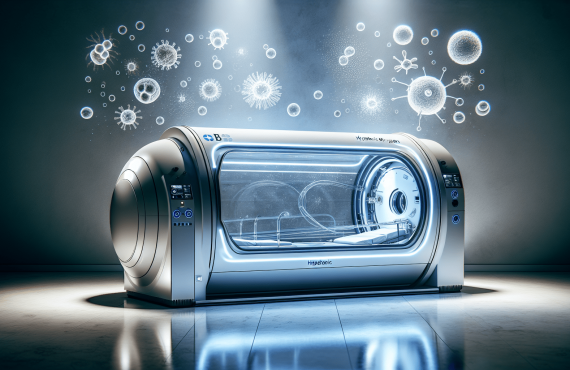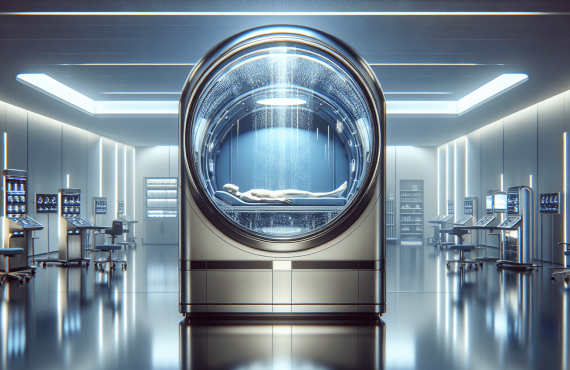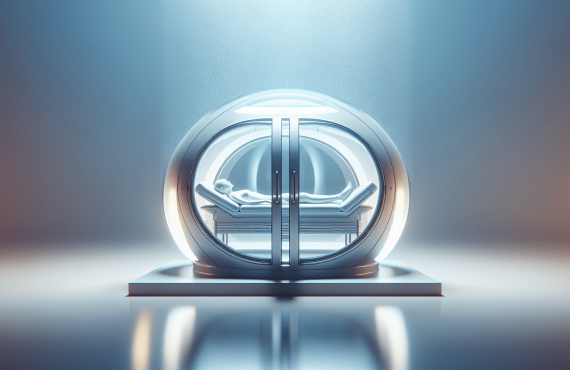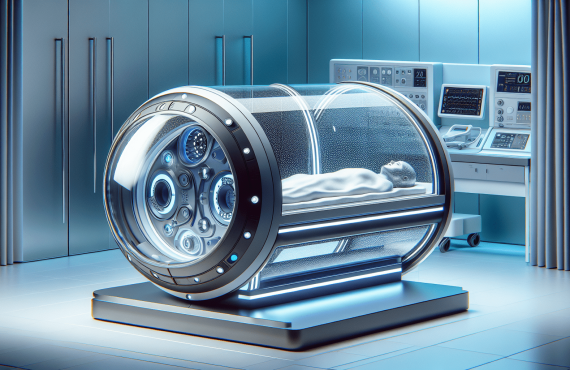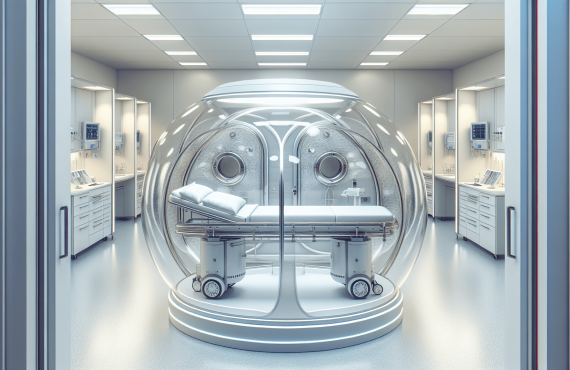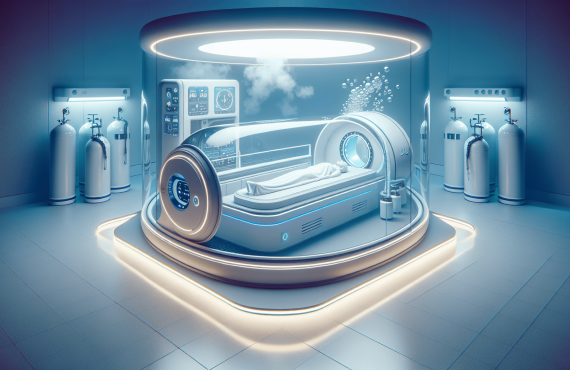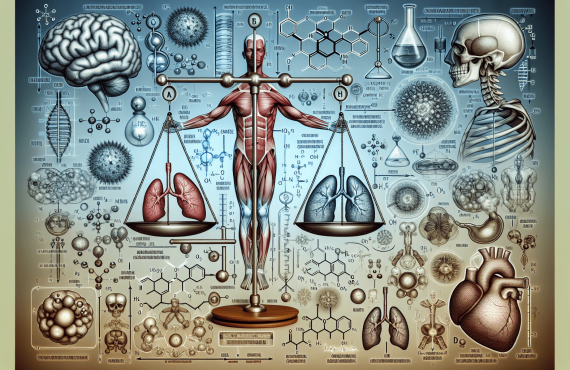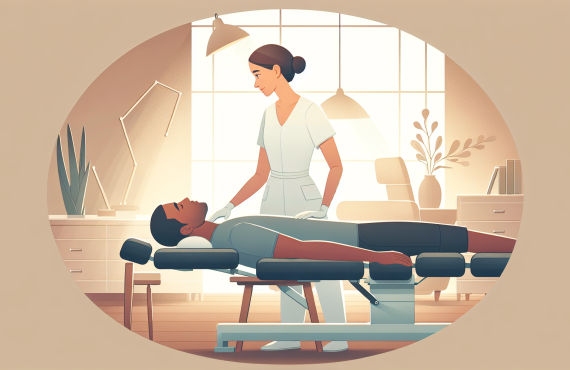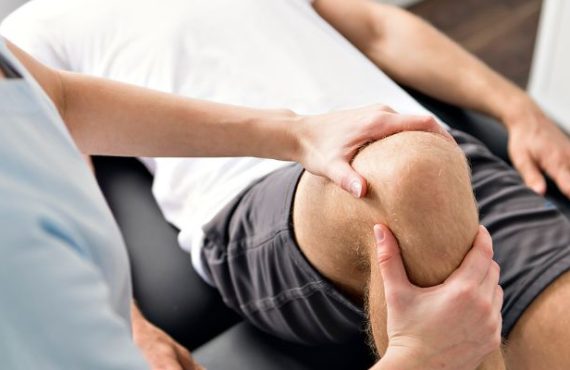Have you ever wondered if the brain can truly heal after an injury or illness? It’s a topic that sparks a lot of curiosity and hope. The human brain is a complex and fascinating organ, showing both amazing resilience and unexpected vulnerabilities. But what happens when it’s confronted with damage? The road to recovery can be long and challenging, raising questions about the possibilities and limits of healing. This article delves into the ability of the brain to bounce back, examining the factors that influence recovery and the treatments that may assist this journey. So, grab a cup of tea, find a comfy chair, and let’s explore the potential for the brain to repair itself.
Table of Contents
Understanding Brain Injuries
The brain is like the control center of your body. When it suffers an injury, it can lead to significant changes affecting everything from memory to motor skills. Understanding these injuries is the first step toward appreciating how and if the brain can recover.
Types of Brain Injuries
There are different kinds of brain injuries, each with its own characteristics and challenges. Here’s a breakdown:
-
Traumatic Brain Injury (TBI): This occurs when the brain is damaged by an external force, such as a fall or car accident. TBIs can range from mild concussions to severe injuries that affect basic functions.
-
Acquired Brain Injury (ABI): Unlike TBIs, ABIs are not caused by external trauma but by internal factors like strokes, infections, or lack of oxygen.
-
Degenerative Brain Diseases: Conditions like Alzheimer’s or Parkinson’s gradually deteriorate the brain over time.
Symptoms and Impacts
Brain injuries affect people in various ways, depending on the type and severity. Common symptoms can include memory loss, difficulty concentrating, mood changes, and physical impairments. These symptoms impact daily life, highlighting the need for potential recovery strategies.
The Brain’s Recovery Process
So, how does the brain attempt to heal itself after an injury? The concept of neuroplasticity is central to understanding this process.
Neuroplasticity: The Brain’s Superpower
Neuroplasticity refers to the brain’s ability to reorganize itself by forming new neural connections. This adaptability allows the brain to compensate for injury, with undamaged parts taking over functions from impaired areas. Think of it as the brain’s way of shifting gears, finding alternate routes to achieve the same goals.
Factors Influencing Recovery
Several elements influence how well the brain recovers:
-
Severity of Injury: Naturally, more severe injuries present greater challenges for recovery.
-
Age: Younger brains tend to be more plastic and capable of adapting.
-
Rehabilitation: Targeted therapies can greatly aid the brain’s recovery process.
-
Overall Health: General health and pre-existing conditions can impact recovery.

Treatments to Support Brain Recovery
A variety of treatments exist to support the brain’s natural recovery processes. These methods aim to stimulate neuroplasticity and aid functional improvements.
Hyperbaric Therapy
One unique treatment option is Hyperbaric Oxygen Therapy (HBOT). But what exactly is this therapy all about?
What is Hyperbaric Therapy?
HBOT involves breathing pure oxygen in a pressurized chamber. This increased pressure allows oxygen to dissolve more efficiently in the blood, potentially benefiting areas of the brain with limited oxygen supply. By promoting tissue repair, reducing inflammation, and aiding in new blood vessel growth, HBOT is a promising tool in brain recovery strategies.
How it Works
Typically, our lungs supply oxygen to the body under standard atmospheric pressure. However, in a hyperbaric chamber, the oxygen content in your blood skyrockets. It then travels to tissues, stimulating natural healing processes and enhancing immune functions.
Benefits and Applications
This therapy can be beneficial for a range of conditions, from stroke recovery to helping heal brain injuries. While it’s no magic bullet, when used in conjunction with other therapies, it can boost recovery outcomes.
Rehabilitation Approaches
Rehabilitation plays a critical role in brain recovery. These approaches focus on retraining the brain to regain lost skills and abilities.
Physical Therapy
Physical therapy helps recover motor skills and coordination. Therapists use techniques and exercises tailored to each individual’s needs.
Cognitive Rehabilitation
This therapy targets skills like memory, attention, and problem-solving. It’s like a workout for your mind, helping to sharpen cognitive functions.
Speech Therapy
For those with speech-related challenges post-injury, therapy can rebuild communication abilities through tailored exercises and strategies.
Lifestyle Modifications
Introducing positive lifestyle changes can further support brain recovery. These include proper nutrition, adequate sleep, and stress management. Regular exercise is also crucial, boosting mood and endurance while promoting brain health.
FAQs About Brain Recovery
Here are some common questions people have about brain recovery:
1. Can brain recovery be guaranteed after an injury?
No, recovery varies from person to person and depends on several factors like injury severity, age, and health.
2. How long does brain recovery take?
Recovery can take weeks to years. Some improvements may become apparent quickly, while others take time.
3. Is Hyperbaric Oxygen Therapy safe for everyone?
HBOT is generally safe, but it’s important to consult a healthcare professional to ensure suitability for individual cases.
4. Can lifestyle changes impact brain recovery?
Absolutely, healthy habits like good nutrition and regular exercise can support and enhance recovery processes.
5. Where can I find support for my brain recovery journey?
Consult with healthcare providers and consider resources like Henry Chiropractic in Pensacola for guidance and treatment.

A Helping Hand in Healing
At Henry Chiropractic, the focus is on enhancing health and wellness, especially in areas affected by injury. Dr. Craig Henry and Dr. Aaron Hixon lead the way, offering expert care tailored to your needs.
Meet Dr. Craig Henry
Dr. Craig Henry, a licensed chiropractor, uses chiropractic care to improve patient health throughout Pensacola and its surroundings. With an approach that seeks to improve all facets of wellness, Dr. Henry is ready to help you on your journey toward recovery.
Introducing Dr. Aaron Hixon
Dr. Aaron Hixon brings a personal passion for helping others, with expertise in several chiropractic techniques. A Florida native, he combines professional skills with community involvement, committing to quality care in promoting health recovery.
Your Path to Recovery
Whether you’re dealing with back pain, recovering from a brain injury, or seeking to improve your overall health, Dr. Henry and Dr. Hixon at Henry Chiropractic offer support to help you on your path to recovery.
Location:
Henry Chiropractic
1823 N 9th Ave
Pensacola, FL 32503
(850) 435-7777
Visit their website
Conclusion
The brain’s capacity to recover raises both scientific interest and hope. Though there are no guarantees, the combination of therapies like HBOT, rehabilitation, and lifestyle modifications offers promising avenues for promotion of healing. By understanding what supports recovery, you can better navigate this journey. Remember, every little step forward is progress. Whether you are supporting someone on this path or are on it yourself, know that recovery is a journey.
Expanding knowledge and seeking expert care, such as that offered by Dr. Craig Henry and Dr. Aaron Hixon, can make a significant difference. With a strong care network and positive lifestyle choices, the brain’s capacity for recovery can indeed be nurtured and supported.


